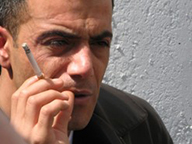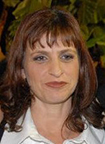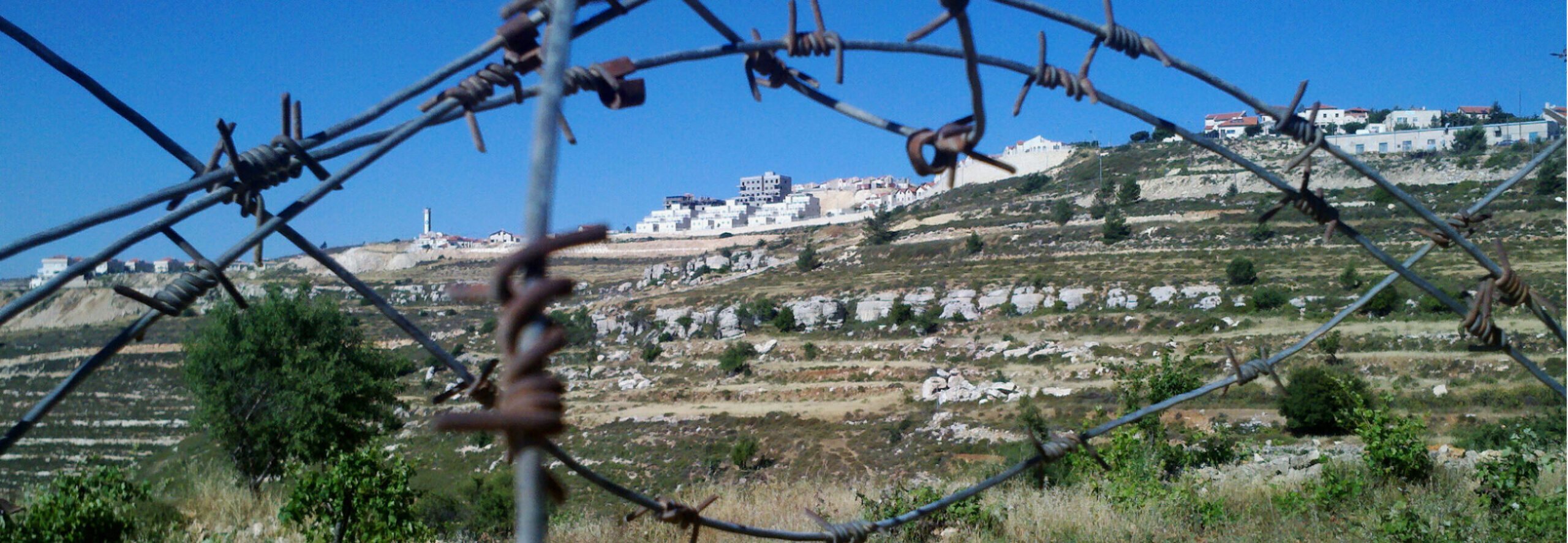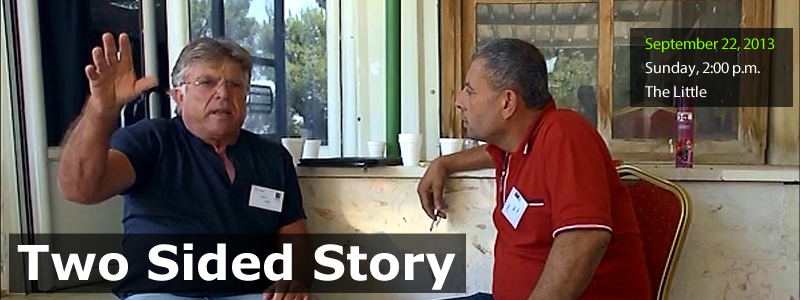Sunday, September 22, 2013, 2:00 p.m.
Location: The Little Theatre, 240 East Avenue Rochester NY ~ Tickets $8 from The Little box office
Film run time: 1:15 ~ Style: documentary ~ Languages: Arabic and Hebrew with English subtitles ~ Format: video projection ~ Year released: 2012
The film follows an encounter group of 27 Palestinians and Israelis – bereaved families, Orthodox Jews and religious Muslims, settlers, ex-soldiers in the Israeli army, ex security prisoners, kibbutz members, second generation holocaust survivors, non-violent activists, and more.
Outside the room, participants may be considered enemies. Inside the room, participants are asked to not try to convince each other and to offer an insight into their inner world. They share their personal experiences along with historical and political interpretation to key events in the conflict: The Nakba, the Holocaust, Occupation, bereavement, suicide bombing, Israeli army, the separation wall, etc.
Not only does the viewer have the opportunity to listen and understand, but the viewer comes along for the ride as participants bring each other into their homes and local neighborhoods as they work to overcome their differences with each other.
Will their differences remain irreconcilable, or will they begin to accept the reality that their colleagues express?
Panelists
Mazen Faraj

Mazen Faraj was born, and still lives, in the Al-Deheishe refugee camp in Bethlehem, West Bank.
He became involved with the Parents Circle – Families Forum after an Israeli soldier shot his father. He said, “. . . the most difficult and traumatic experience in my life arrived, that was the murder of my 62 year old father as he was walking back with bags of grocery to our home. The Israeli soldiers shot him, and immediately he fell dead. When we heard of this and tried to go to the hospital, the Israeli army prevented us and said that we were under curfew. Imagine not being able to see your father one last time and to be prevented from giving him the farewell.
“. . . many people find in revenge a way of expressing themselves, but never did I think of that. Not because I feared Jews or loved them, only because I believe in the justice of my cause and that violence can only bring violence, and that our cause as Palestinian people is a cause of freedom and legitimate rights.
“I know it is strange for people to see one message and one voice especially the voice of those who paid the highest price in this conflict; instead of going for the path of revenge we choose the path of reconciliation.”
His father was six at the time of “Al-Naqba” in 1948. His family fled to the West Bank from their village of Ras Abu Amar, which was just west of Jerusalem. Faraj: “They were part of 700,000 refugees that were forced to leave their homes and found themselves in refugee camps throughout the West Bank, Gaza, and other Arab countries hoping to return to their homes after the war, which has not happened to this day.”
Of life in the refugee camp, Maren Faraj said, “As 7 year old child, I began to ask why we live under these inhuman conditions. What is behind all the pain and suffering which we endure daily? What is the reason for us not having water most of the summer, or electricity in the winter? Why we have to be more than eighty pupils in each classroom in school? And why don’t we have a playground to spend the joyful time of our childhood instead of spending it on the streets? Why are we deprived of the natural rights which every human in this world has the right to enjoy? Those are called human rights which are so distant from the Palestinian people.”
Mazen Faraj will participate through Skype from Bethlehem.
Ayelet Harel

Ayelet Harel is executive director of the film we’re screening: Two Sided Story. She is director of grants and projects at the Parents Circle – Families Forum (PCFF), an organization seeking to create connections between aggrieved Jewish and Arab individuals.
Ayelet was born in 1966, grew up in Holon near Tel Aviv and in Jerusalem. Her parents are educators – teachers and administrators in the Education Ministry, the Jewish Agency, and the Jewish National Fund.
Ayelet is a single mother of three young children. She is a bereaved sister. Her Brother, Yuval Harel, was killed in the War with Lebanon on 08/06/1982. Yuval was killed when his tank was hit directly by a missile in the refugee camp of Ain al-Hilweh near Zidon. Yuval was at the age of 19 on his death. Ayelet was 16 at that time.
She joined the PCFF after a 20 year career as a TV and film producer. She was the Head of Production and Scheduling at Channel 2 TV, Israel’s main broadcast, commercial channel, and a CEO of several private production companies. She has initiated, produced, and managed dozens of highly-rated programs and projects.
She will participate by Skype.


